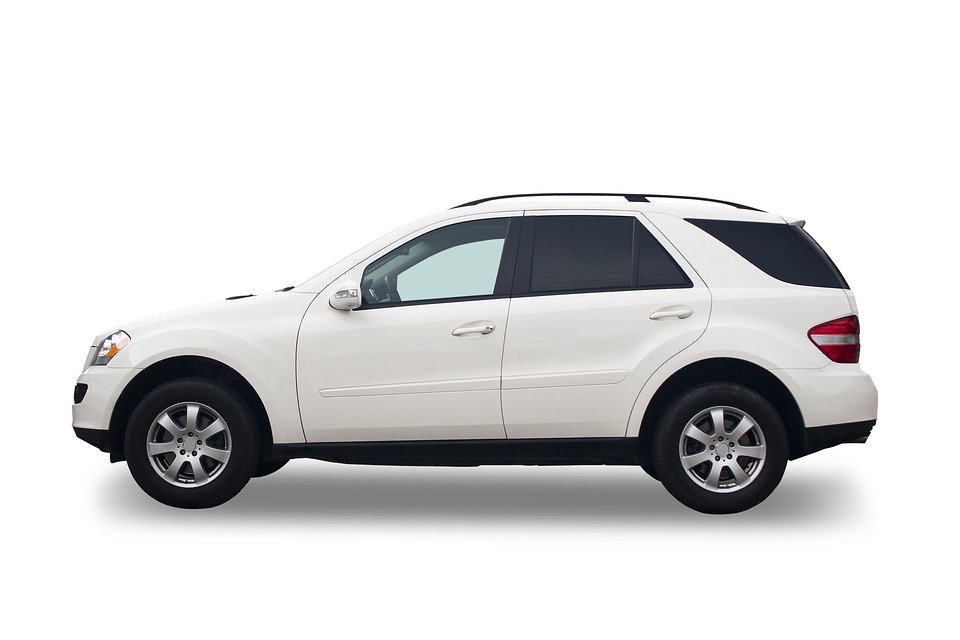Driving a new car is always exciting but the good feeling will only last as long as you are able to manage your loan. Avoid getting into financial trouble by being smart about getting a car loan. Before you shop around across different banks, you should first look into your own finances and assess your capabilities. This will prevent you from taking on more than you can handle. You will also be able to put yourself in a good position to pay low interest rates and prevent loan defaults. Set the following in order:
Debt-to-Income Ratio
Do you have any outstanding debts? You should try to keep your debt to income ratio as low as possible, especially if you are a single earner in your household. Don’t squeeze your monthly paycheck such that it’s nearly gone by the time you pay your bills. Experts recommend keeping the DTI at 35% or less. As for the monthly payments, it would be best to keep this at under 10% of your monthly income. Look for car models with a reasonable price and loan terms that will allow you to follow this rule. It will give you enough wiggle room for other household expenses.
Credit Rating
Your credit rating is a reflection of your trustworthiness as a borrower, at least as the system is set up by the lenders. Most car buyers will get a loan for the purchase since full upfront payment can be too expensive. They might also want to get a vehicle right now instead of saving up for it for later, even if this means they will have to pay for interest. If you have a high credit rating, then you are likely to get a loan approval fast. You will also enjoy low interest rates since the lender does not consider you a high-risk client. If your rating is currently low, it might be worth it to improve this over the next year before applying for a loan.
Emergency Fund
Do you have an emergency fund? This is your standby savings that you can readily access in times of need. In case you can’t work due to an illness, accident, company closure, or economic turmoil, you can depend on this fund to get you through the rainy days. It should be enough to cover your expenses for 6 to 12 months. This includes your car loan, your rent, your mortgage, your utilities, your groceries, your child support payments, and other recurring bills. Set this up if you haven’t already. It will save you from repossession and other headaches in the future.





